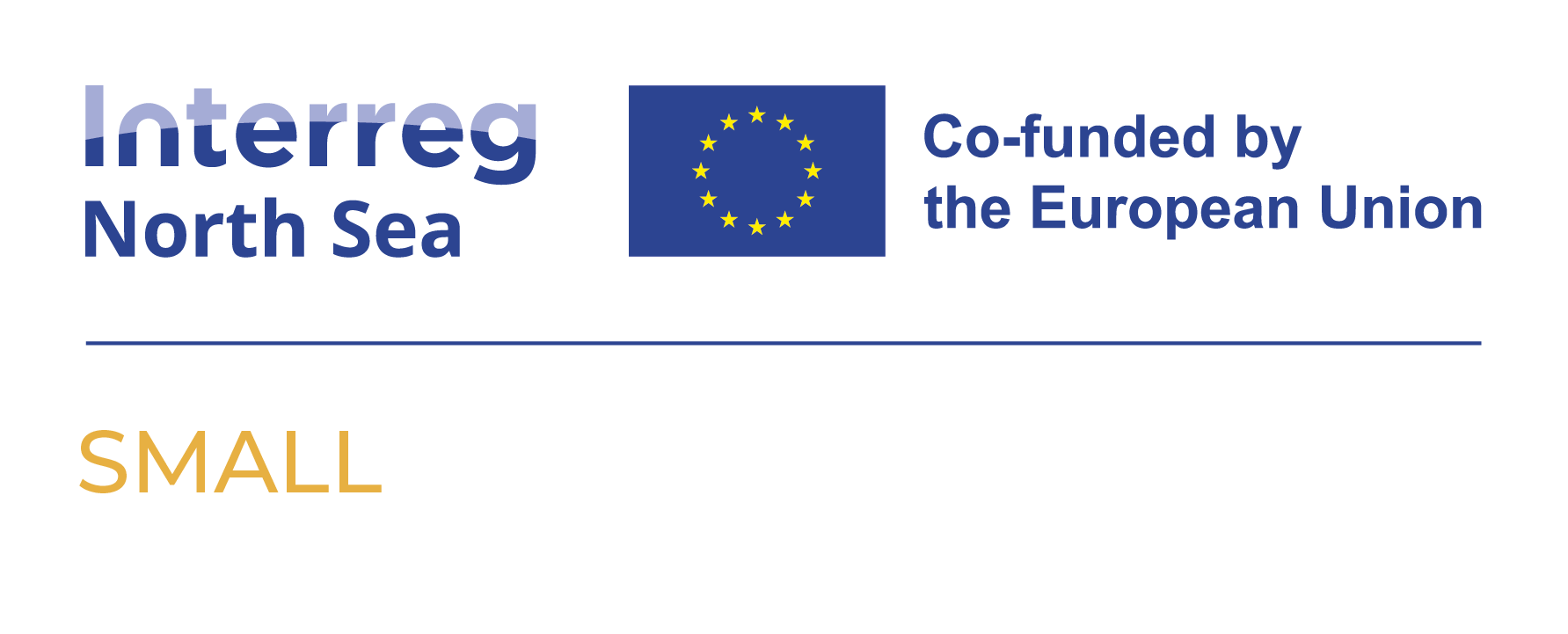City of Amsterdam signs Global Compact on Inclusive and Accessible Cities
Way to go, Amsterdam! On 23 May 2024, at an event organised by the Amsterdam for All project, the City signed the 'Global Compact on Inclusive and Accessible Cities'.
POLIS member Amsterdam has been increasing its efforts to improve the city's urban accessibility. Recognising that not all of its citizens are currently able to undertake daily activities such as taking public transport independently, walking in the city centre, or accessing online services, the municipality of Amsterdam has the ambition to create a free, just and sustainable city for all of its citizens.
Through initiatives such as the Amsterdam for All project, the city is conducting extensive research into how artificial intelligence (AI) can contribute to the city's accessibility. On 22 May 2024, Amsterdam for All organised an event to present the various endeavours involving the city that use technology to improve accessibility, including the SMALL project, of which POLIS is also a partner. The event was a resounding success, bringing together inclusive mobility stakeholders to exchange knowledge and get inspired by Amsterdam's ongoing efforts to improve physical accessibility.
But that is not all! The event ended with a bang, as Amsterdam fully committed to being an inclusive and accessible city for all its citizens. Indeed, in a symbolic step forward, Alexander Scholtes, Deputy Mayor - Care and Public Health, City of Amsterdam, joined forces with Deborah Lauria, Director,Clientenbelang Amsterdam and Serida Catalano; Program Director, World Enabled, to sign the United Nations-backed 'Global Compact on Inclusive and Accessible Cities'. This declaration, endorsed by more than 20 other global cities, including fellow POLIS members Barcelona, Paris, and Berlin, underscores a collective commitment to fostering inclusivity and accessibility. It affirms the rights of 1 billion persons with disabilities and the increasing share of the global population aged 60 or older that experience barriers to their equitable participation in society.
As stated by Scholtes, with this historic signing Amsterdam pledges to include the development of innovative solutions through collaboration and the integration of new technologies, as outlined in the Digital City Agenda. This agenda emphasizes the creation of a digitally navigable city, ensuring that advancements in technology contribute to a more accessible urban environment for everyone. By prioritising accessibility, the city aims to remove barriers that prevent residents from travelling freely and independently, fostering a more inclusive community for all.
We look forward to seeing more of Amsterdam's efforts in inclusive mobility, including in their SMALL project pilot, which you can find out more about here.


